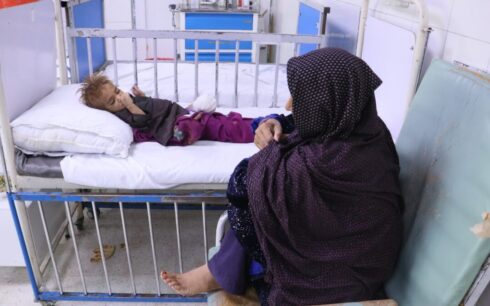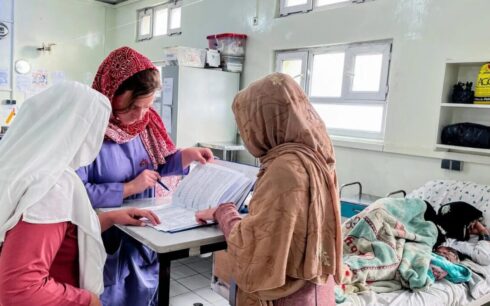KABUL, Afghanistan — More than 24 percent of children between the ages of 5 and 17 in Afghanistan suffer from anxiety, according to a report by the United Nations International Children’s Emergency Fund (UNICEF).
UNICEF noted that this rate is ten times higher than the global average. Additionally, nearly 15 percent of Afghan children experience depression, the report revealed.
The report attributed these mental health challenges to a combination of factors, including the legacy of conflict, family migration and displacement, recurrent natural disasters, high levels of poverty, and the risks posed by explosive ordinances.
“In times of crisis, children face heightened levels of stress, trauma, and disruption to their routines,” the report stated.
UNICEF expressed concern over the persistent restrictions on girls’ education, which limit their opportunities for employment and access to essential services such as healthcare and mental health support. The report also highlighted the impact of social stigma surrounding mental health and seeking assistance.
The UN agency operates over 750 child-friendly spaces in Afghanistan, providing separate areas for girls and boys. These spaces are designed to be bright, welcoming, and comfortable, with colorful decorations and numerous activities to help children feel at home.
In the absence of a formal child protection system in Afghanistan, these child-friendly spaces are among the best ways to reach children in need of mental health support, particularly girls, the report said.
UNICEF reported that it has provided mental health and psychosocial support to nearly 4 million children and caregivers across all 34 provinces of Afghanistan.




